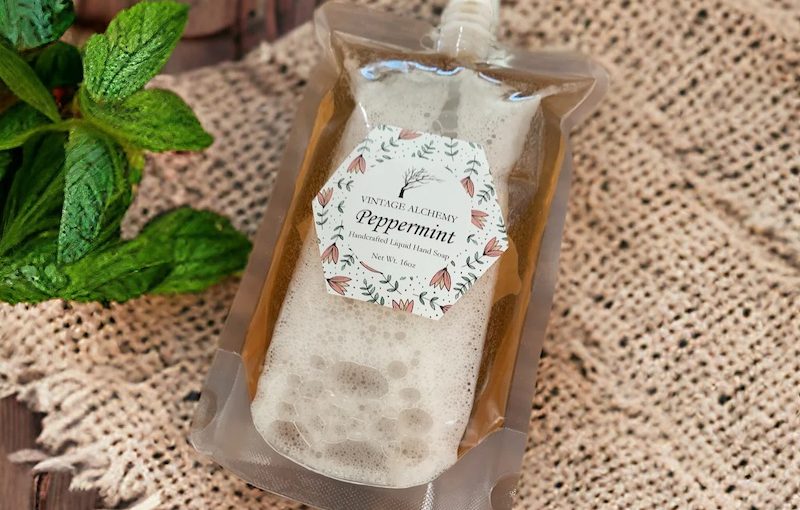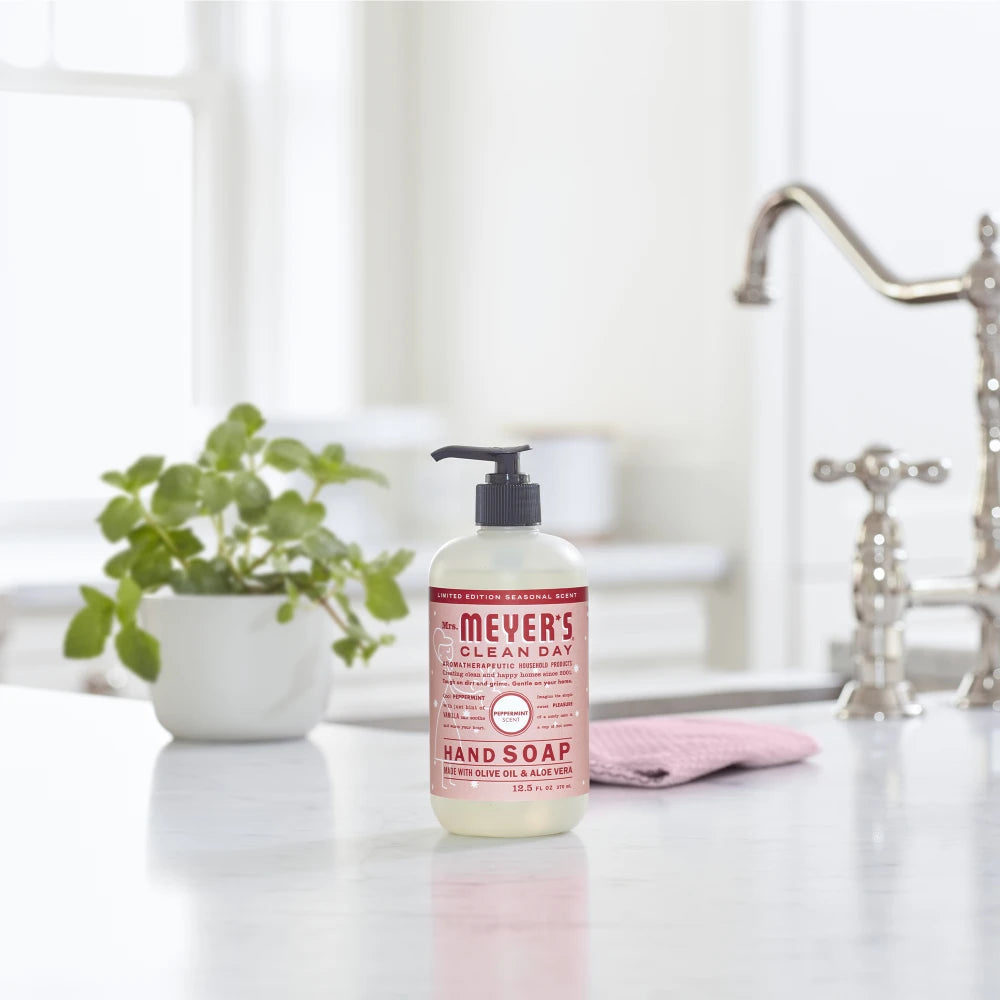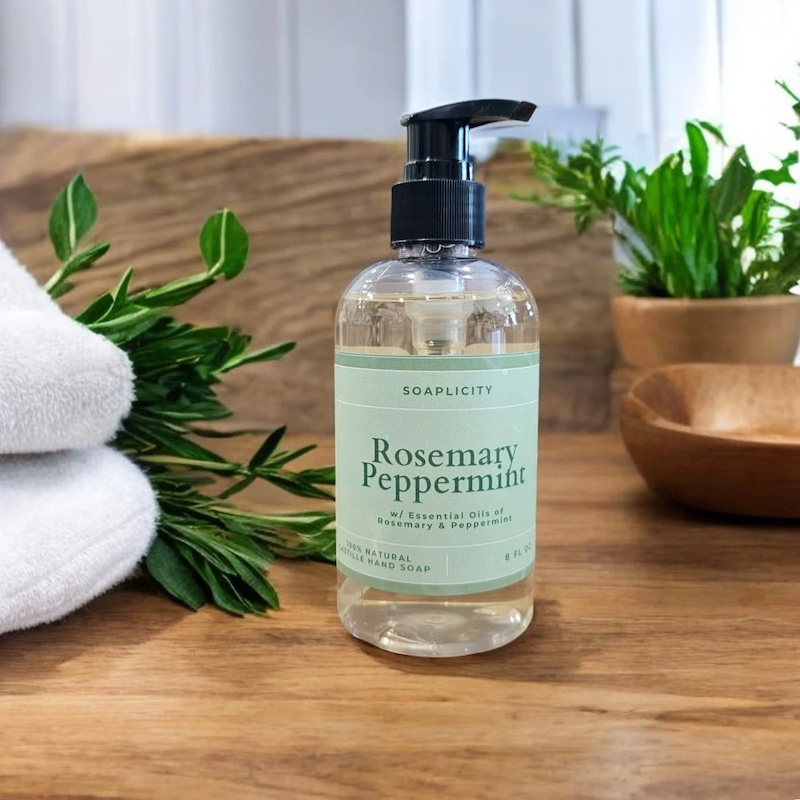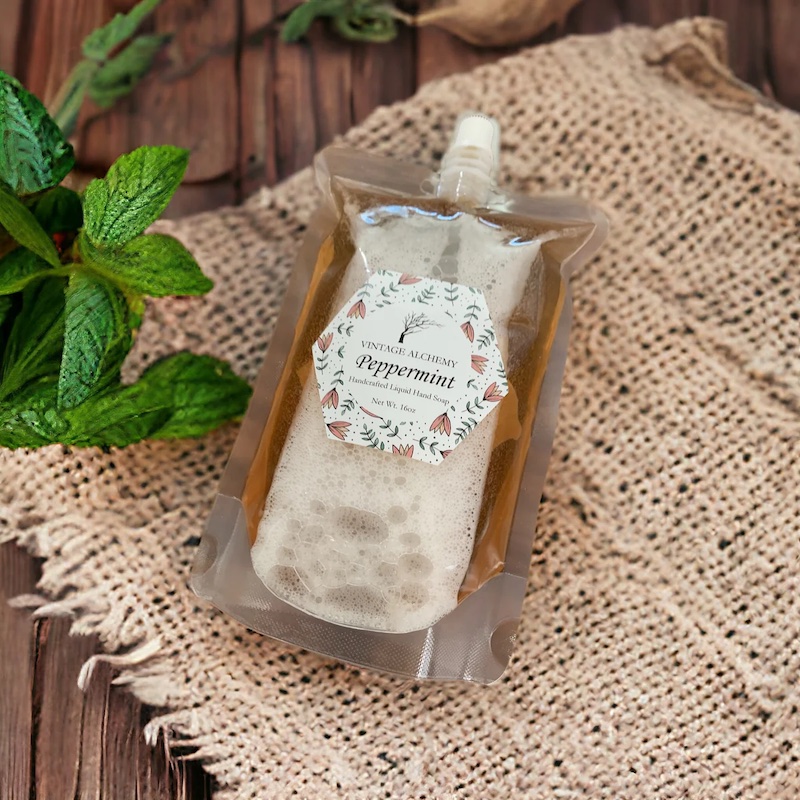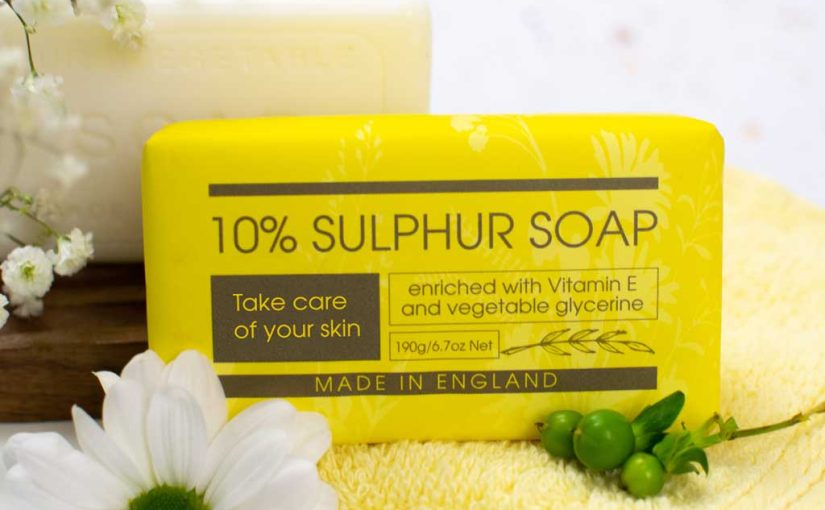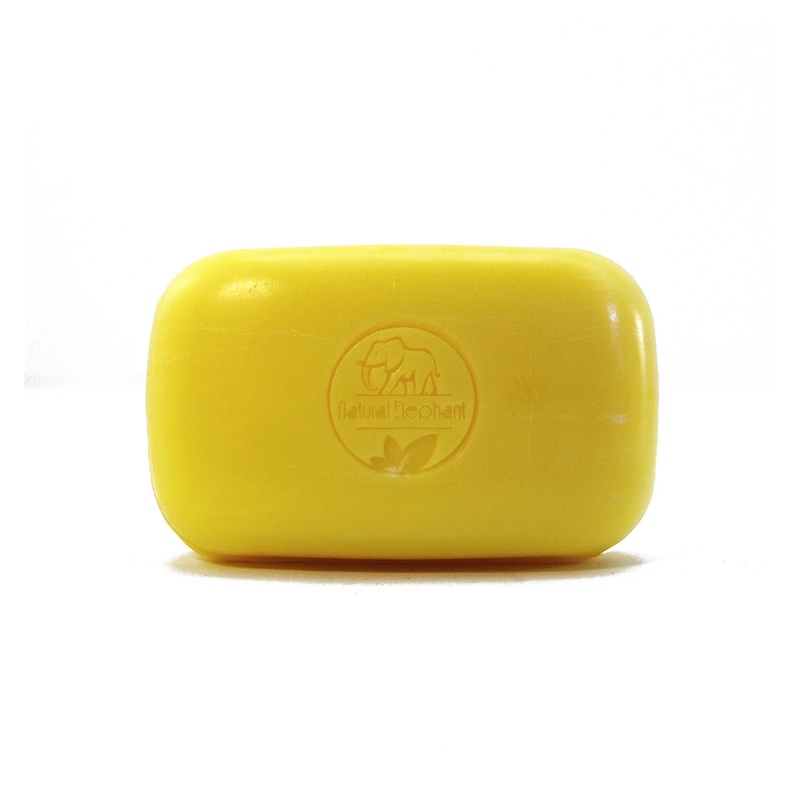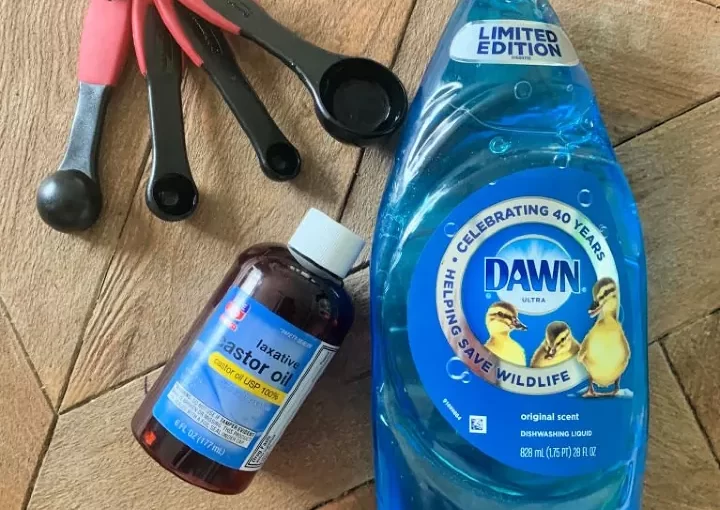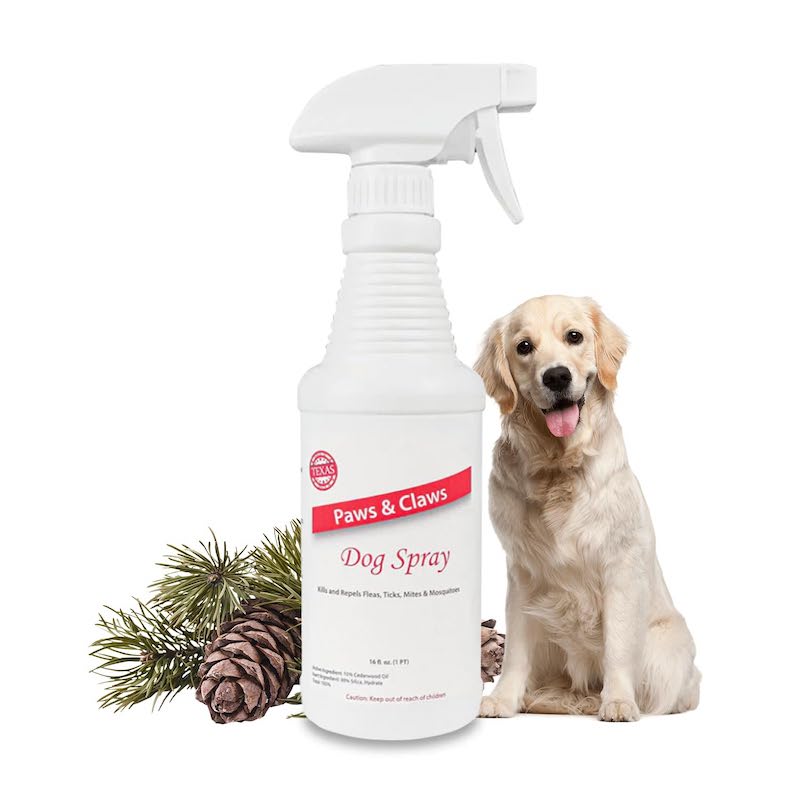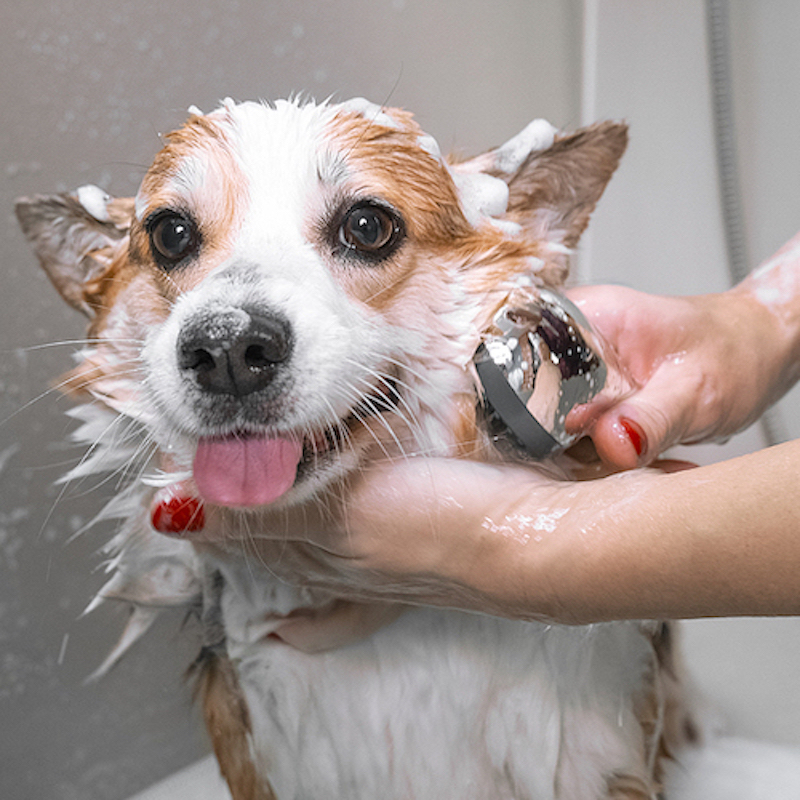The Invigorating Benefits of Peppermint Oil in Hand Soap
Peppermint hand soap isn’t just a treat for the senses; it offers numerous benefits for skin health and well-being. Here are some of the invigorating advantages of integrating peppermint oil into your handwashing routine:
- Refreshing Aroma: Peppermint oil has a crisp, refreshing scent that awakens the senses. Its distinct fragrance can make handwashing a more enjoyable and stimulating experience.
- Cooling Sensation: Known for its cooling properties, peppermint oil leaves a pleasant tingling feeling on the skin. This is especially refreshing during hot weather or after physical activity.
- Skin Health: Peppermint oil is rich in essential nutrients that help to nourish and moisturize the skin, promoting a healthy complexion.
- Mental Clarity: The scent of peppermint has been known to enhance mental clarity and alertness. Washing your hands with peppermint hand soap can provide a quick mental refresh.
- Energizing Effects: The natural compounds in peppermint oil can help invigorate your body and mind, giving you a burst of energy.
Using peppermint hand soap is an easy way to incorporate these benefits into your daily routine. With every wash, you’ll not only cleanse your hands but also enjoy the invigorating properties of peppermint oil.
A Guide to Choosing the Best Peppermint Hand Soap
When searching for peppermint hand soap, quality is key. Consider these factors to find the best option for you:
- Ingredient Quality: Look for soaps with pure peppermint oil and natural ingredients. High-quality oils provide the most benefits.
- Avoid Harsh Chemicals: Choose soaps free from harsh chemicals like sulfates and parabens. These can dry out and irritate your skin.
- Moisturizing Properties: Opt for hand soaps that include moisturizing agents, like glycerin or aloe vera. They help keep skin hydrated.
- Packaging and Sustainability: Consider eco-friendly packaging and brands committed to sustainable practices.
- Scent Strength: Some peppermint soaps have a stronger scent than others. Select a soap with a fragrance level that suits your preference.
- Type: Peppermint soap comes in liquid, foam, and bar forms. Think about which type you prefer for your handwashing routine.
- Price: Compare prices to find a peppermint soap that offers good value without compromising on quality.
By focusing on these elements, you can ensure your peppermint hand soap offers the full range of benefits discussed earlier, from skin health to mental clarity. Remember to keep the scent and sensation of the soap in balance with your skin’s needs for the best handwashing experience.
How Peppermint Hand Soap Enhances Your Handwashing Experience
Peppermint hand soap does more than just clean. It turns a routine task into a sensory delight. Its invigorating scent fills the air, making handwashing an experience to look forward to. Here’s how it enhances the whole process:
- Sensory Stimulation: The robust aroma of peppermint engages your sense of smell. It transforms mundane handwashing into an aromatic indulgence.
- Mood Elevation: The natural fragrance of peppermint can lift your spirits. It creates a positive mood as you cleanse your hands.
- Therapeutic Qualities: Peppermint oil in hand soap has calming properties. This helps reduce stress during your handwashing routine.
- After-Feel: Your hands feel cooler and refreshed. This sensation lingers, reminding you of the pleasant experience.
- Consistent Hygiene: The enjoyable experience encourages regular handwashing. This maintains good hygiene practices.
- Natural Ingredients: High-quality peppermint soaps use natural elements. These are kinder to your skin than synthetic additives.
With each wash, peppermint soap delivers cleanliness and so much more. It pampers your skin and pleases your senses, making the simple act of handwashing a little more special.
The Antimicrobial Properties of Peppermint Hand Soap
Peppermint hand soap doesn’t just smell great; it’s also a strong ally against germs. The essential oil within the soap has natural antimicrobial properties that make it effective in killing bacteria and viruses. This means that when you wash your hands with peppermint hand soap, you’re not only getting the sensory benefits but also an extra layer of protection. Let’s break down why peppermint hand soap is a smart choice for maintaining hygiene:
- Germs and Bacteria: Peppermint oil is known to be tough on common germs and bacteria. Washing with it helps lower the risk of spreading illnesses.
- Natural Protection: While chemical disinfectants can be harsh, peppermint provides a natural alternative. It’s tough on germs without being tough on your skin.
- Refreshing Cleanliness: The clean sensation after using peppermint soap isn’t just psychological. The soap helps physically remove impurities from your skin.
Incorporating peppermint hand soap into your routine is a simple way to boost your hygiene while enjoying its refreshing fragrance and cool, tingling sensation.
Peppermint Hand Soap for All Seasons: Why It’s a Year-Round Favorite
Peppermint hand soap isn’t just for holidays or winter months. It shines as an all-season favorite. Why do people love it year-round? Here are a few reasons:
- Soothing Summer Coolness: In the heat of summer, the cooling effect of peppermint is a welcome relief. A quick handwash can help you beat the heat.
- Fall Freshness: Autumn days bring a mix of warm and cool weather. Peppermint soap’s crisp scent complements the season’s changing moods.
- Winter Wake-Up: During cold winters, the invigorating aroma of peppermint hand soap can be a morning wake-up boost. It helps overcome the winter blues.
- Springtime Energizer: Spring brings new beginnings and peppermint soap can energize your day. Its minty scent fits perfectly with the fresh air of spring.
- Versatility: No matter the season, peppermint soap fits seamlessly with any decor and ambiance. It’s a versatile choice that appeals to many senses.
- Consistent Benefits: The benefits of peppermint oil, like skin health and mental clarity, are essential all year. Users appreciate these perks regardless of the season.
- Mood Improvement: The uplifting scent can improve mood, a bonus that’s valuable throughout the year.
Peppermint hand soap’s blend of refreshing aroma, cooling sensation, and health benefits makes it an ideal choice for every season. Its year-round appeal ensures it’s always a good time to enjoy the charms of peppermint soap.
DIY Peppermint Hand Soap: A Simple Homemade Recipe
Creating your own peppermint hand soap is not only fun but also gives you control over the ingredients. Here’s a straightforward recipe to make a natural, refreshing hand soap at home:
- Gather Supplies: You will need unscented liquid castile soap, pure peppermint essential oil, and a soap dispenser.
- Mix Ingredients: In a bowl, combine about 2 cups of castile soap with 15-20 drops of peppermint essential oil for a strong, invigorating scent. If you prefer a milder aroma, start with fewer drops and adjust to your liking.
- Add Moisturizers: For added skin benefits, mix in a tablespoon of vegetable glycerin or aloe vera gel. This helps to keep your hands soft and hydrated.
- Pour and Store: Transfer your mixture to the soap dispenser. Now, your handcrafted peppermint hand soap is ready to use.
- Label Your Creation: Don’t forget to label your soap dispenser. This reminds you and informs others of the natural, homemade nature of the soap.
- Enjoy: Start washing your hands and enjoy the homemade freshness and the tingling sensation of peppermint.
This simple DIY peppermint hand soap recipe ensures you’re using natural and gentle ingredients on your skin, provides the benefits of peppermint, and allows you to create a soap that perfectly matches your scent preference and skin care needs.
Sustainability and Natural Ingredients in Peppermint Hand Soap
Peppermint hand soap is not just about a pleasant aroma and effective cleaning. It’s also a step towards eco-friendly living and using nature’s gifts wisely. Let’s explore the aspects that make peppermint soap a green and clean choice:
- Plant-Based Ingredients: The best peppermint hand soaps contain natural, plant-based components. These come from the earth and are biodegradable.
- Eco-Friendly Packaging: Many brands now offer peppermint soap in recyclable or biodegradable packaging. This reduces waste and is better for the planet.
- No Animal Testing: You can find peppermint soaps with cruelty-free certifications. This assures you that no animal testing took place in making the product.
- Chemical-Free Formulas: Pure peppermint soap skips harmful chemicals. This protects water sources and wildlife when the soap washes down the drain.
- Sustainable Sourcing: Responsible companies source peppermint oil sustainably. They make sure they don’t harm the environment or local communities.
- Low Carbon Footprint: Natural ingredients often mean a lower carbon footprint. This is because they require less processing than synthetic ones.
- Supports Small Farms: Choosing organic peppermint soap can support small farmers. Those who grow peppermint using sustainable practices benefit.
Remember, every time you choose a sustainable peppermint hand soap, you’re making a choice that’s good for you and the earth. Keep these points in mind for a cleaner, greener handwashing routine.
Pairing Peppermint Hand Soap with Other Bathroom Essentials
When choosing bathroom essentials, pairing them with peppermint hand soap can elevate your experience. Here’s how to complement your peppermint soap with other items:
- Coordinate Scents: Pick products with scents that blend well with peppermint. This creates a harmonious atmosphere.
- Matching Colors: Opt for towels and decor in colors that match the fresh, green tones of peppermint.
- Towels and Rugs: Choose soft, absorbent towels and rugs. They add comfort to your routine after using the crisp peppermint soap.
- Body Care: Use a body wash with a similar scent for a consistent fragrance. It keeps the fresh feeling going.
- Skin Moisturizers: After washing, apply a light, mint-scented lotion to keep skin soft.
- Candles and Diffusers: Add peppermint or similarly scented candles. They enhance the clean, fresh vibe in your bathroom.
- Natural Accents: Incorporate live plants or nature-inspired decor to match the natural qualities of your soap.
With these tips, your bathroom will become a place of refreshment and calm. Your choice in essentials will play up the benefits of peppermint hand soap, making each visit to the bathroom a soothing encounter.
